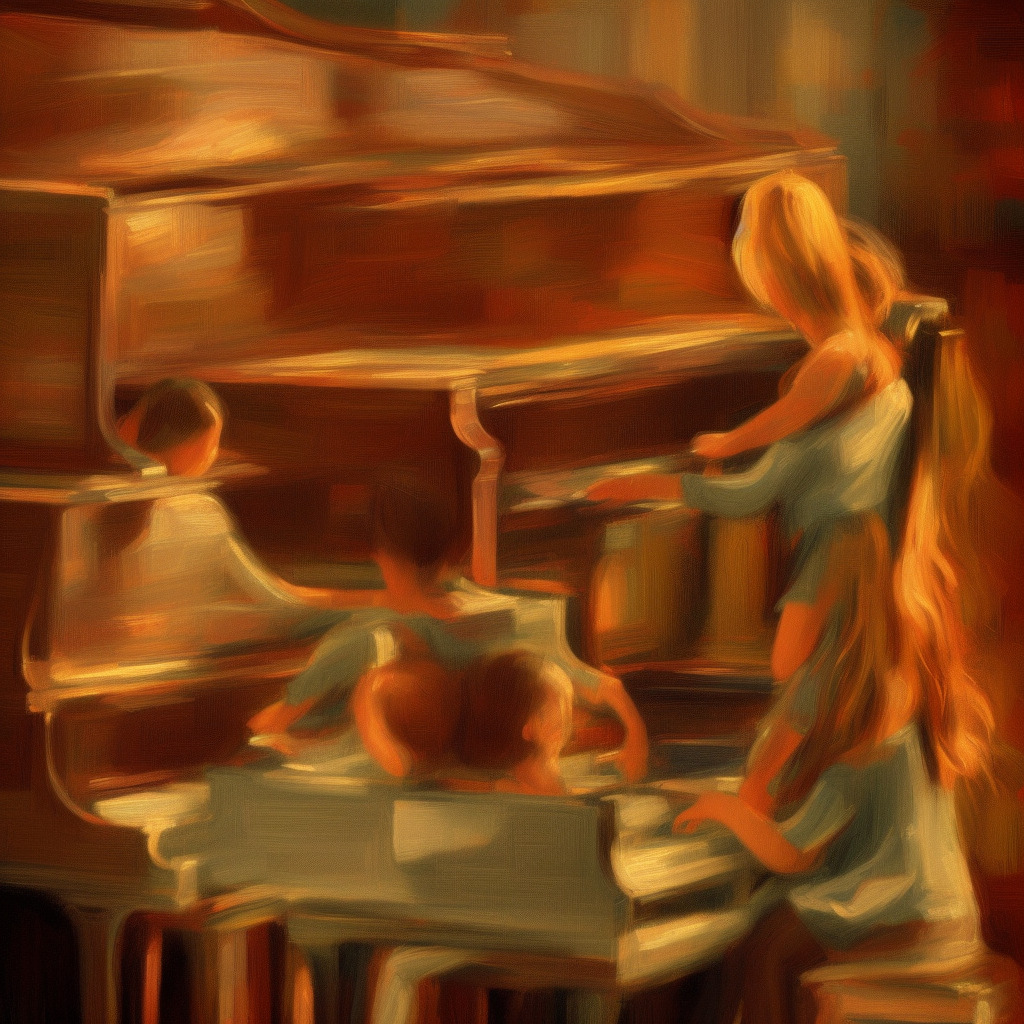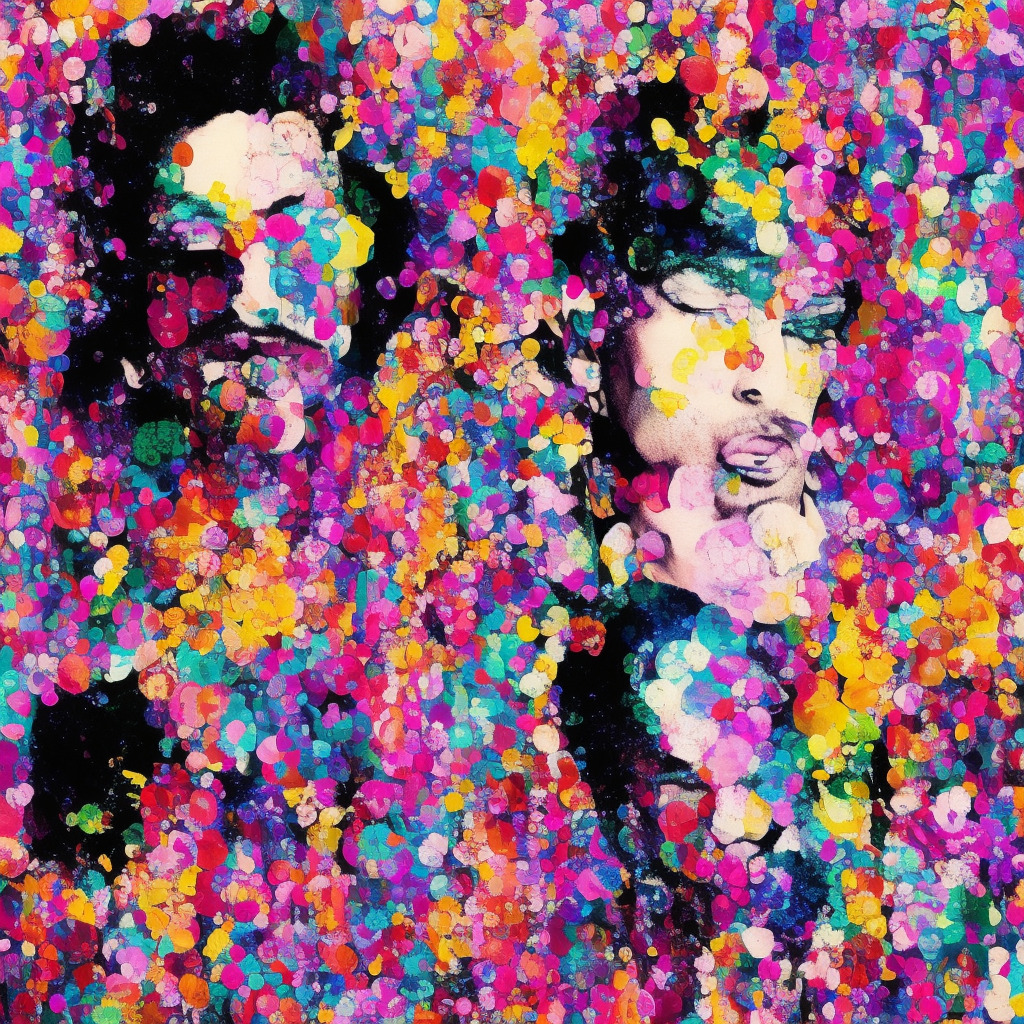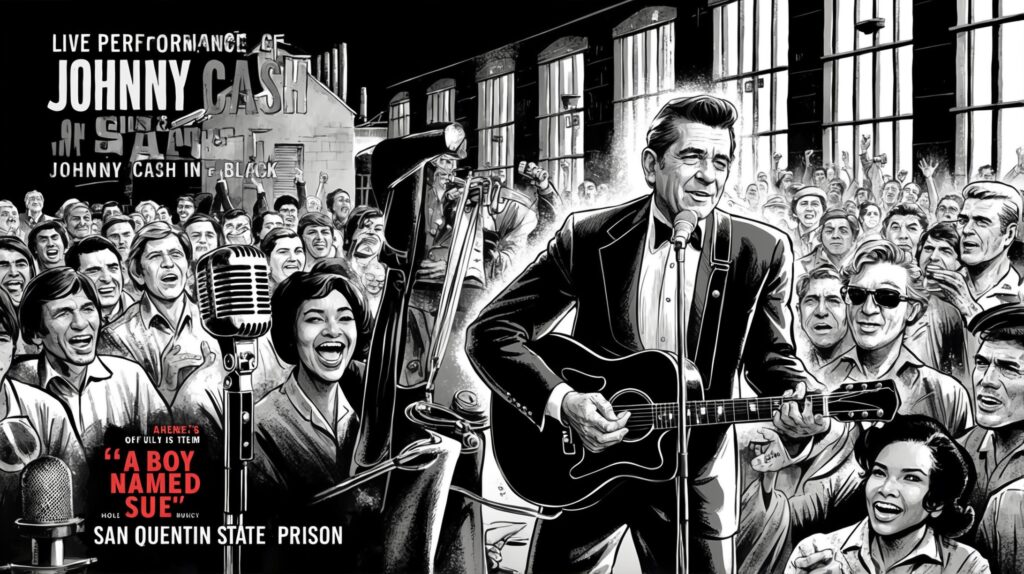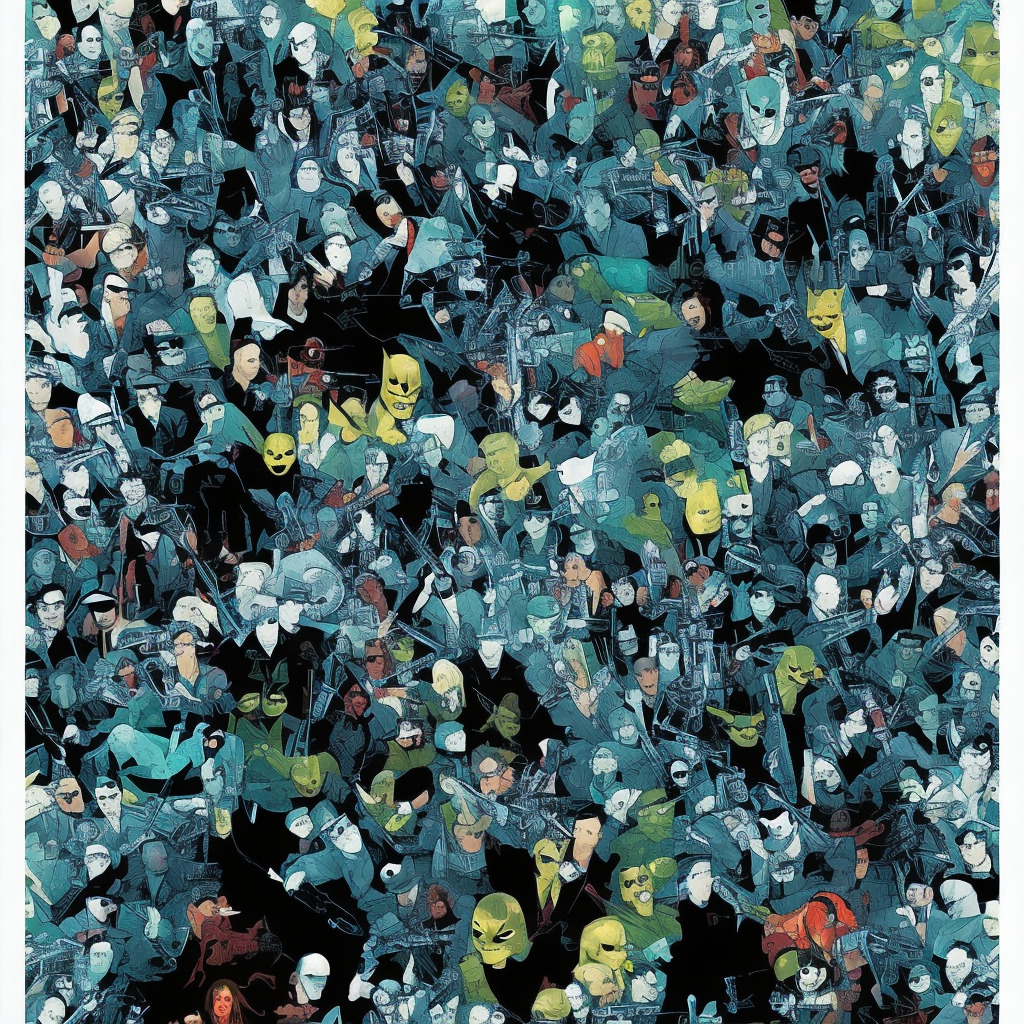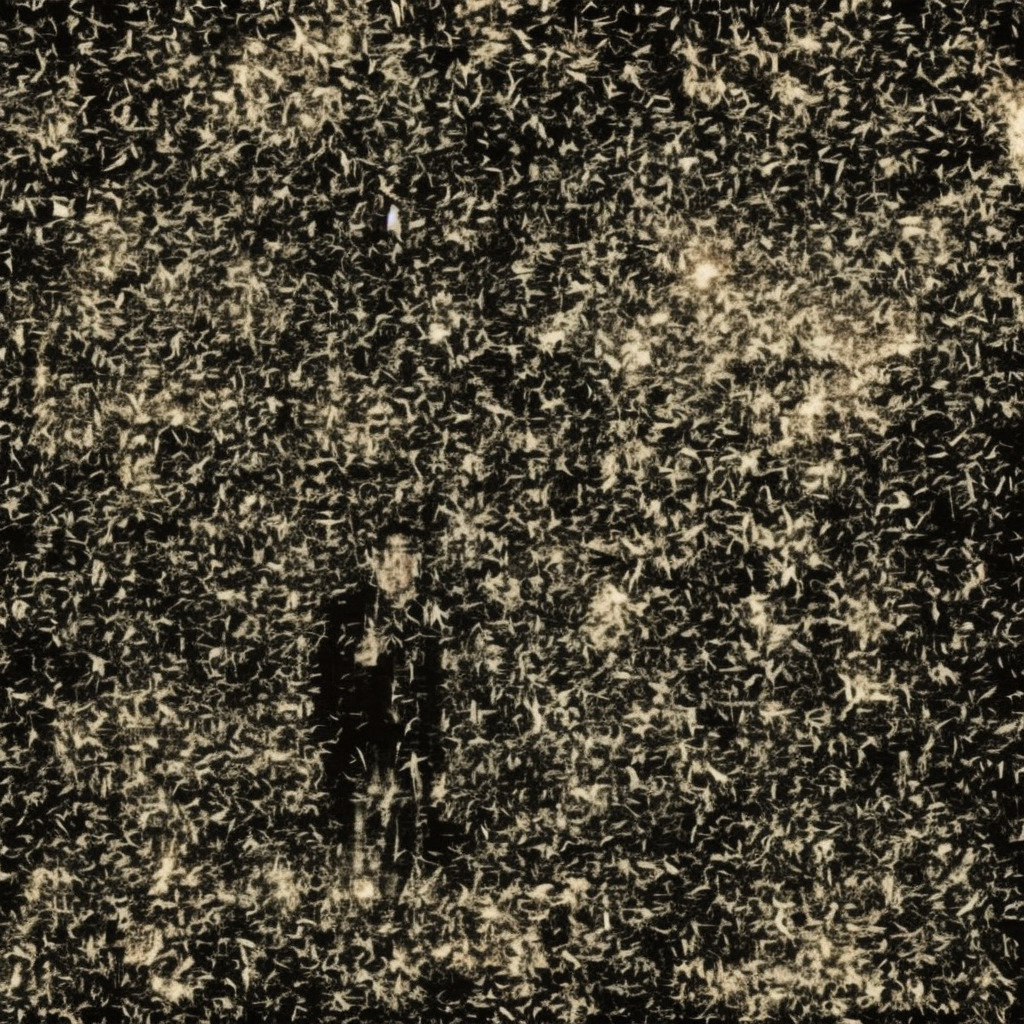🎶 Did you know? #BillyJoel wrote “Lullabye (Goodnight My Angel)” as a soothing bedtime tune for his daughter Alexa! 😴 Sweetest dad move ever! 💕 Catch those Z’s with this angelic serenade tonight 🌙 #Lullabye #MusicTrivia #GoodnightVibes Read about it: tinyurl.com/mrcka33u
A Timeless Serenade: The Heartfelt Story Behind a Billy Joel Classic
A father’s love immortalized: Billy Joel’s tender tribute to his daughter in “Lullabye (Goodnight My Angel)” showcases his versatility and unparalleled emotional depth as a songwriter.
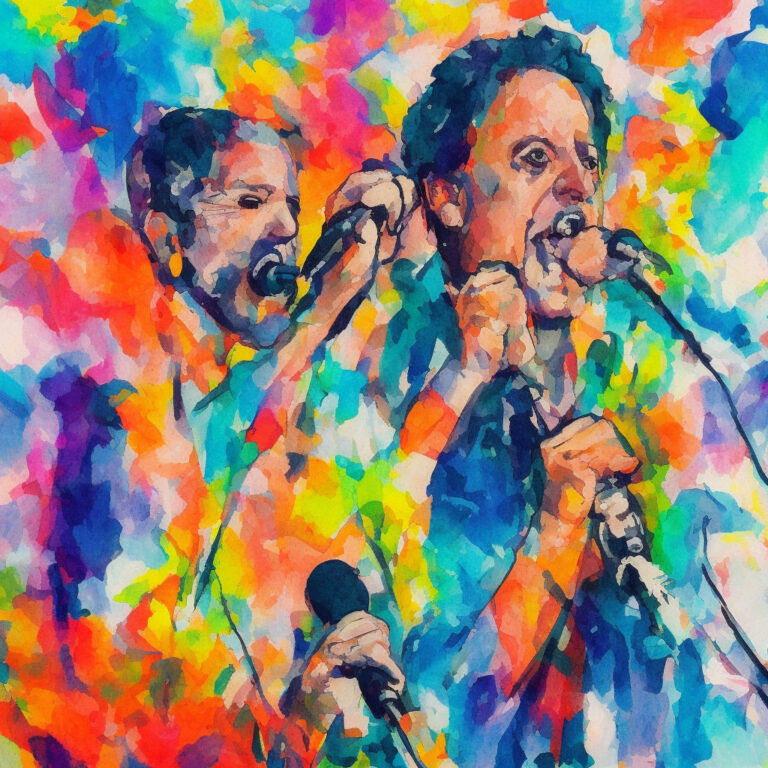
Billy Joel, affectionately known as the “Piano Man,” has graced the music world with his incredible talent for over five decades. With a career spanning 13 studio albums and numerous accolades to his name, Billy Joel undeniably stands as one of the most iconic singer-songwriters in history.
One of Billy Joel’s most memorable and emotionally resonant songs is “Lullabye (Goodnight My Angel),” featured on his 1993 album “River of Dreams.” This tender ballad showcases Joel’s remarkable ability to capture the purity of human emotions through heartwarming lyrics and delicate piano melodies.
“Lullabye (Goodnight My Angel)” was written as a tribute to Joel’s daughter Alexa Ray, whom he shares with his then-wife, supermodel Christie Brinkley. The song stands as a testament to a father’s unwavering love and offers listeners a glimpse into the deeply personal connection between Billy and his daughter. The simplicity and vulnerability in the lyrics, coupled with the soothing piano accompaniment, make this song a timeless classic that has resonated with countless fans across generations.
Throughout his career, Billy Joel has always pushed boundaries with his music. While his discography includes rock anthems and introspective ballads, “Lullabye (Goodnight My Angel)” solidified his status as a versatile artist unafraid to explore various themes and styles in his work.
Now, no artist’s career is without its challenges, and Joel has faced his fair share. While his professional success soared, his personal life has been riddled with multiple divorces and bouts of substance abuse. Despite these setbacks, Joel’s unwavering dedication to his craft and his ability to channel his experiences into his music only adds to his appeal as a legendary musician.
Billy Joel’s extensive list of accolades includes 5 Grammy Awards, several honorary doctorates, a star on the Hollywood Walk of Fame, and an induction into the Rock and Roll Hall of Fame. Joel remains one of the best-selling artists of all time, having sold over 150 million records worldwide.
In conclusion, “Lullabye (Goodnight My Angel)” is a prime example of Billy Joel’s unique talent for crafting emotionally captivating and timeless music. As an artist who has touched the hearts and souls of countless fans, Joel’s legacy continues to leave an indelible mark on music history.
Charting the Journey of a Tender Ballad
Embracing hearts worldwide, Billy Joel’s tender ballad “Lullabye (Goodnight My Angel)” ascends the charts, showcasing its timeless appeal and captivating a diverse audience.

“Lullabye (Goodnight My Angel)” undoubtedly holds a special place in the hearts of many music enthusiasts, and its performance on the charts is a testament to its appeal. Released on October 26, 1993, as the fourth single from Billy Joel’s twelfth studio album, “River of Dreams,” the song managed to make a mark on various music charts.
In the United States, “Lullabye (Goodnight My Angel)” debuted at an impressive #77 on the Billboard Hot 100 chart. It enjoyed a steady ascent, ultimately peaking at #18, showcasing the song’s ability to resonate with a wide audience. The song’s success did not stop there, as it also made waves on the Billboard Adult Contemporary chart, where it climbed to an even more notable #6 position. This achievement highlights the song’s timeless and universal appeal, making it a choice favorite among a diverse age group.
Outside of the US, “Lullabye (Goodnight My Angel)” garnered appreciation as well. The song charted in Canada on the RPM Top Singles chart, eventually reaching the #19 spot. The song also achieved success in the United Kingdom, where it entered the UK Singles Chart at #54. While it did not reach the same heights as in the US, it still managed to leave a mark on the international music scene.
In addition to its chart performances, “Lullabye (Goodnight My Angel)” has earned a place in popular culture through various covers and tributes by artists across the globe, further cementing its status as an iconic and beloved ballad.
Peering into the Soul of “Lullabye (Goodnight My Angel)”
Goodnight, my angel
Time to close your eyes
And save these questions for another day
I think I know what you’ve been asking me
I think you know what I’ve been trying to say
I promised I would never leave you
And you should always know
Wherever you may go
No matter where you are
I never will be far away
Goodnight, my angel
Now it’s time to sleep
And still so many things I want to say
Remember all the songs you sang for me
When we went sailing on an emerald bay
And like a boat out on the ocean
I’m rocking you to sleep
The water’s dark
And deep inside this ancient heart
You’ll always be a part of me
Goodnight, my angel
Now it’s time to dream
And dream how wonderful your life will be
Someday your child may cry
And if you sing this lullabye
Then in your heart
There will always be a part of me
Someday we’ll all be gone
But lullabies go on and on
They never die
That’s how you
And I
Will be
The lyrics of “Lullabye (Goodnight My Angel)” beautifully capture the essence of a parent’s love and the timeless nature of lullabies. Billy Joel wrote this tender ballad in 1993 as a tribute to his daughter, Alexa Ray Joel. The lyrics remind us that even though time moves on and people pass away, the love we hold for others remains eternal. The song’s message is relatable to anyone who has experienced the love and bond of family.
At the time when this song was written, the world was going through significant changes. The early 1990s marked the end of the Cold War, the rise of the internet, and a renewed focus on family values. During that time, many parents were grappling with the challenges of raising children in an increasingly interconnected and rapidly changing world. In “Lullabye (Goodnight My Angel),” Joel provides a comforting reassurance that no matter what changes and challenges come our way, the love we have for our children will never waver.
The lyrics also highlight the continuity of life and tradition through the image of lullabies being passed down from generation to generation. This theme of eternal love and connection transcends time and resonates with listeners across different cultures and backgrounds. In a world that was changing so rapidly, the song’s message serves as a powerful reminder that some things – like the love we have for our family – are truly everlasting.
A Visual Lullaby: The Music Video Journey
Fan-fueled visuals breathe life into Billy Joel’s timeless classic, “Lullabye (Goodnight My Angel),” showcasing the song’s enduring emotional resonance across generations.
“Lullabye (Goodnight My Angel)” by Billy Joel, despite its immense popularity in 1993, never officially got a music video. However, the song’s tender lyrics and soothing melody inspired fans to create numerous videos, montages, and tributes that visually capture the essence of this timeless classic.
One such unofficial video is a poignant compilation that features a series of images of fathers and their children, set to the heartwarming tune. This video adeptly showcases the unconditional love and timeless bond between a parent and child, perfectly encapsulating the sentiment of the song. These fan-made creations, while not professionally produced or endorsed by the artist, manage to convey the emotional resonance of the song in a way that an official music video might have done.
Additionally, YouTube is replete with numerous covers and live performances of “Lullabye (Goodnight My Angel)” by fans and aspiring musicians. These renditions not only pay tribute to the original song but also present their unique interpretations, highlighting the long-lasting impact and appeal of the song across generations.
Despite the lack of an official music video, the iconic nature of the song has lent itself to various cultural references and media appearances. For instance, it was prominently featured in an episode of the sitcom “Scrubs,” wherein the character Dr. Cox, played by John C. McGinley, sings the song to his son as a lullaby.
Given the power of the lyrics and the deeply emotional connection many fans feel towards “Lullabye (Goodnight My Angel),” it is evident that the song’s legacy and influence extend far beyond its original release. Through fan-created visuals, covers, and media tributes, this beloved classic continues to capture the hearts of listeners worldwide.
The Composer Behind the Magic
Billy Joel, the mastermind behind “Lullabye (Goodnight My Angel),” is no stranger to crafting memorable tunes that pull at your heartstrings. Born in 1949 in the Bronx, New York, Joel has graced the music world with his prodigious talent for decades. With an extensive list of hit songs under his belt, he’s an artist that requires little introduction. Some of his most notable compositions include “Piano Man,” “Uptown Girl,” “We Didn’t Start the Fire,” and “Just the Way You Are.” These songs, alongside “Lullabye (Goodnight My Angel),” showcase Joel’s ability to seamlessly blend meaningful lyrics with captivating melodies, solidifying him as a true legend in the world of music.
A Lullaby to Remember
“Lullabye (Goodnight, My Angel)”: Billy Joel’s timeless treasure transcends generations with its heartfelt lyrics, soothing melody, and enduring impact on popular culture.
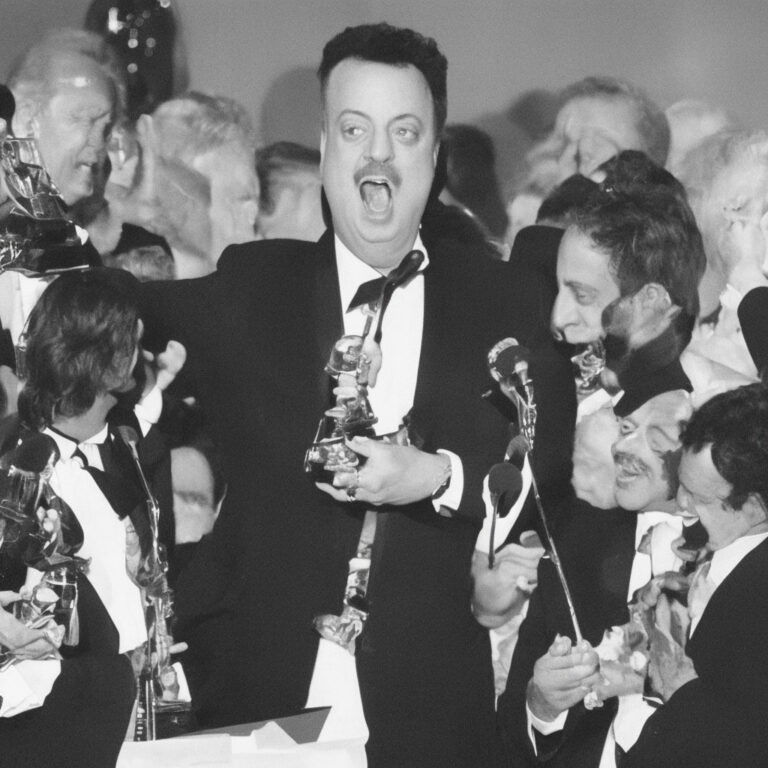
Since its release in 1994, “Lullabye (Goodnight, My Angel)” by Billy Joel has been a timeless favorite, capturing the hearts of many with its heartfelt lyrics and soothing melody. The song, which was written for Joel’s daughter, has not only been a commercial success but has also garnered numerous accolades over the years.
In terms of awards, “Lullabye (Goodnight, My Angel)” was nominated for a Grammy Award in 1995 for Best Pop Vocal Performance, Male. Although it didn’t bag the award, the song still gained popularity and remained a staple in Joel’s live performances. It has since gained a reputation for being one of Billy Joel’s most memorable and beloved tracks.
The song’s impact on popular culture has not gone unnoticed, as it has been featured in various films, television shows, and even video games. Some notable appearances include episodes of “Dawson’s Creek,” “The West Wing,” and “The Sopranos.” In 2013, the song was also part of the Rock Band 3’s downloadable content, allowing fans to experience the joy of playing the song themselves.
Over the years, “Lullabye (Goodnight, My Angel)” has inspired numerous cover versions by different artists, showcasing the song’s lasting impact and appeal. Notable covers include the one by the a cappella group Straight No Chaser in 2009, which beautifully captured the song’s essence with its harmonization. In 2011, Celtic Woman recorded their rendition for their album “Lullaby,” catered to fans of the Celtic genre.
From its heartfelt story behind its creation to its numerous appearances in popular culture, “Lullabye (Goodnight, My Angel)” has become a classic lullaby that transcends generations. Its soothing melody, touching lyrics, and the emotional depth it conveys continue to resonate with fans of all ages, making it a timeless treasure in the world of music.
Breaking Down the Musical Landscape
Digging deeper into the musical fabric of “Lullabye (Goodnight My Angel)”, we find an intricately woven tapestry of melodic and harmonic elements that create a soothing and emotional listening experience. The song is composed in the key of G major, which is often associated with a warm and comforting sound, fitting for a lullaby.
The song’s harmonic structure is relatively simple, revolving around a I-IV-V-IV chord progression (G-C-D-C) throughout the majority of the piece. This progression is a staple in popular music, providing a solid foundation for both the vocal and piano melodies to shine. Additionally, the use of the IV (C Major) and V (D Major) chords lends a sense of resolution and stability to the overall progression, further enhancing the lullaby-like atmosphere.
As for tempo, “Lullabye (Goodnight My Angel)” settles into a slow and steady pace, clocking in at approximately 56 beats per minute. This leisurely tempo allows for the gentle piano arpeggios and tender vocal phrasing to truly evoke the soothing essence of a bedtime lullaby.
The song’s verse features a delicate and intricate piano accompaniment, with arpeggiated chords providing a foundation for Billy Joel’s heartfelt vocal delivery. The melody itself is tender and expressive, utilizing a combination of stepwise motion and small leaps that create a memorable and soothing tune. In contrast, the chorus showcases a more expansive melody, with wider leaps and a more dramatic contour that evokes a sense of yearning and nostalgia.
One of the standout elements of “Lullabye (Goodnight My Angel)” is its use of dynamics and textural contrast. The verses are characterized by a more intimate and subdued sound, featuring the interplay between the piano and vocals. The chorus, on the other hand, brings in rich harmonies and a fuller accompaniment, adding depth and emotional weight to the song.
Throughout the entire piece, Billy Joel’s masterful piano playing shines through, adding nuance and complexity to the seemingly simple chord progression. The intricate arpeggios and subtle counter-melodies woven into the accompaniment serve to enhance the emotional resonance of the song.
In summary, “Lullabye (Goodnight My Angel)” is a beautifully crafted piece that showcases the power of music to evoke emotion and create a comforting atmosphere. Its simple yet effective harmonic structure, combined with a tender and expressive melody, results in a song that stands the test of time and remains a treasured lullaby for listeners of all ages.

